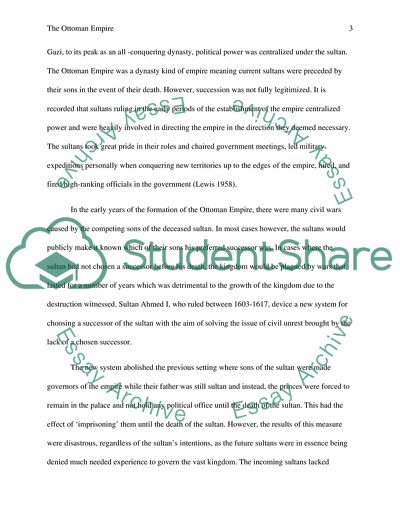Cite this document
(The Decline of the Ottoman Empire Literature review Example | Topics and Well Written Essays - 2250 words, n.d.)
The Decline of the Ottoman Empire Literature review Example | Topics and Well Written Essays - 2250 words. https://studentshare.org/history/1847931-the-ottoman-empire
The Decline of the Ottoman Empire Literature review Example | Topics and Well Written Essays - 2250 words. https://studentshare.org/history/1847931-the-ottoman-empire
(The Decline of the Ottoman Empire Literature Review Example | Topics and Well Written Essays - 2250 Words)
The Decline of the Ottoman Empire Literature Review Example | Topics and Well Written Essays - 2250 Words. https://studentshare.org/history/1847931-the-ottoman-empire.
The Decline of the Ottoman Empire Literature Review Example | Topics and Well Written Essays - 2250 Words. https://studentshare.org/history/1847931-the-ottoman-empire.
“The Decline of the Ottoman Empire Literature Review Example | Topics and Well Written Essays - 2250 Words”. https://studentshare.org/history/1847931-the-ottoman-empire.


